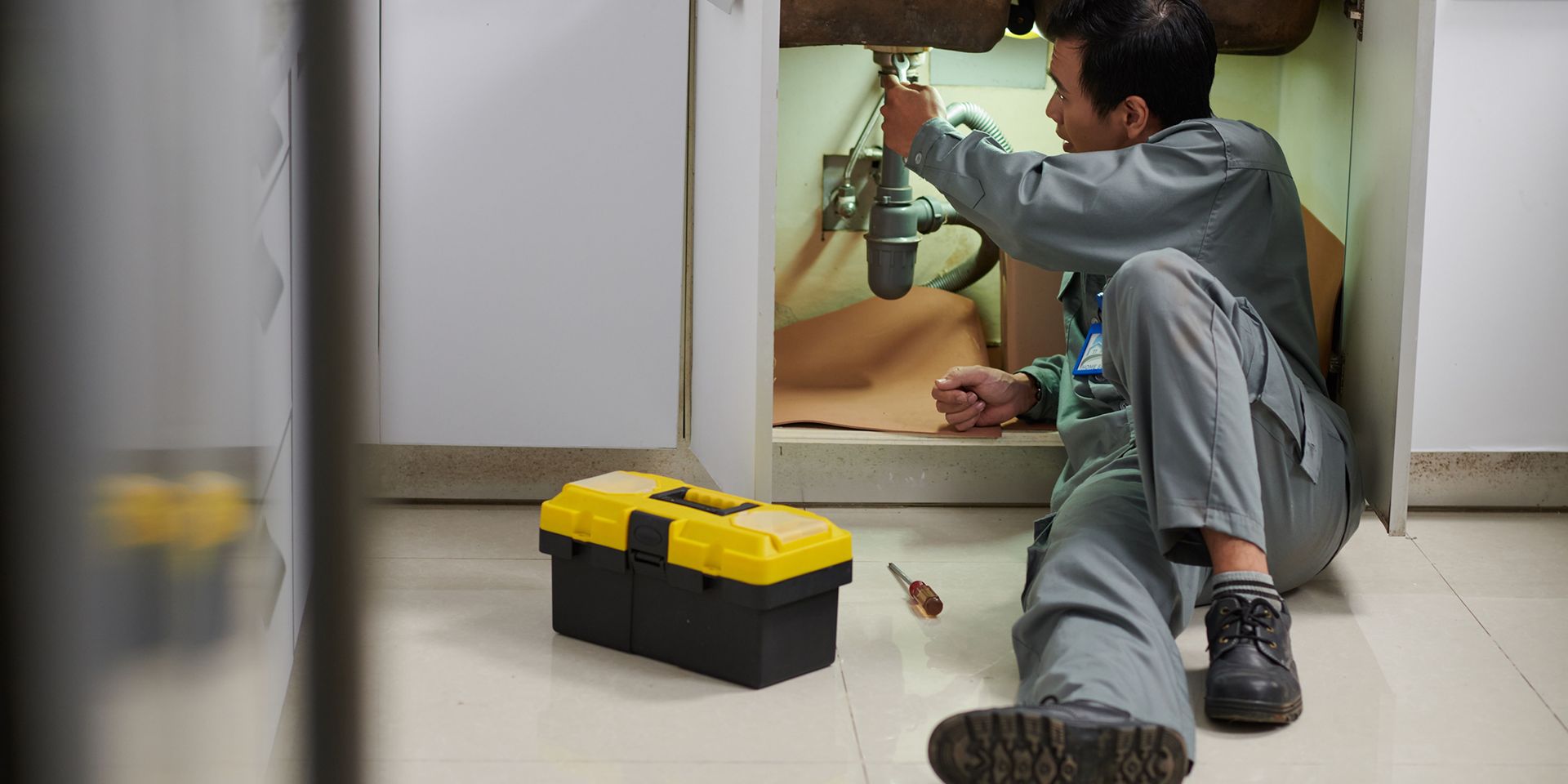To become a plumber, you must complete a vocational training program, generally accessible after middle school. The CAP in Sanitary Installation or CAP in Thermal Installation are the most common entry points into the trade. These qualifications can be obtained through initial training, apprenticeships, or work-study programs, often via temporary work agencies specialized in construction.
Other educational paths exist, such as the professional baccalaureate in Energy and Climate System Installation, which broadens skills to include heating and renewable energy systems. Adults undergoing career changes can also access the profession through adult education programs or Recognition of Prior Learning (VAE) schemes.
What are the working conditions of a plumber?
The working conditions of a plumber can be demanding, especially from a physical standpoint. Plumbers often work in confined spaces, in uncomfortable positions, and may have to carry heavy loads. Assignments take place both indoors and outdoors, regardless of the weather conditions.
Plumbers frequently travel between various job sites, including private homes and public buildings. Their working hours can vary, particularly when handling emergency repairs in the evening, on weekends, or during public holidays.
Whether working through a temp agency or for a company, plumbers may work independently or as part of a team, often under tight deadlines. Despite these challenges, the profession remains highly sought-after and offers a wide range of tasks on a daily basis.
What is the salary of a plumber?
A plumber’s salary depends on their experience level, employment status (employee, temporary worker, self-employed), and location. At the start of their career, a plumber usually earns a wage close to the French minimum wage (SMIC) — around €1,801.80 gross per month. With experience, the salary can rise to €2,200 to €2,500 gross per month, or more if the plumber becomes a team leader or works in high-demand areas like Paris.
In temporary work, a plumber’s hourly rate may be more attractive thanks to end-of-assignment bonuses and extra pay for travel or difficult working conditions. Emergency calls, night shifts, and weekend work are often subject to wage increases, boosting overall earnings.
Self-employed plumbers or artisans can set their own rates, and depending on their clientele, geographic area, and ability to manage multiple projects, they can earn over €3,500 gross per month.
What are the career prospects for a plumber?
Plumbing offers numerous opportunities for career advancement, whether in terms of responsibility or specialization. After a few years, a plumber can progress to roles such as team leader, site foreman, or construction manager on larger projects.
They may also choose to specialize in related fields such as plumbing-heating, renewable energy systems (heat pumps, solar panels), or roof plumbing (zinc work) by following additional training.
Another option is to become a self-employed artisan and start their own business. This allows for more control over pricing, scheduling, and project selection—provided the individual can manage the commercial and administrative aspects of their activity.
With strong and consistent demand in the sector, career opportunities are real and accessible to those who want to grow professionally or diversify their skills.



